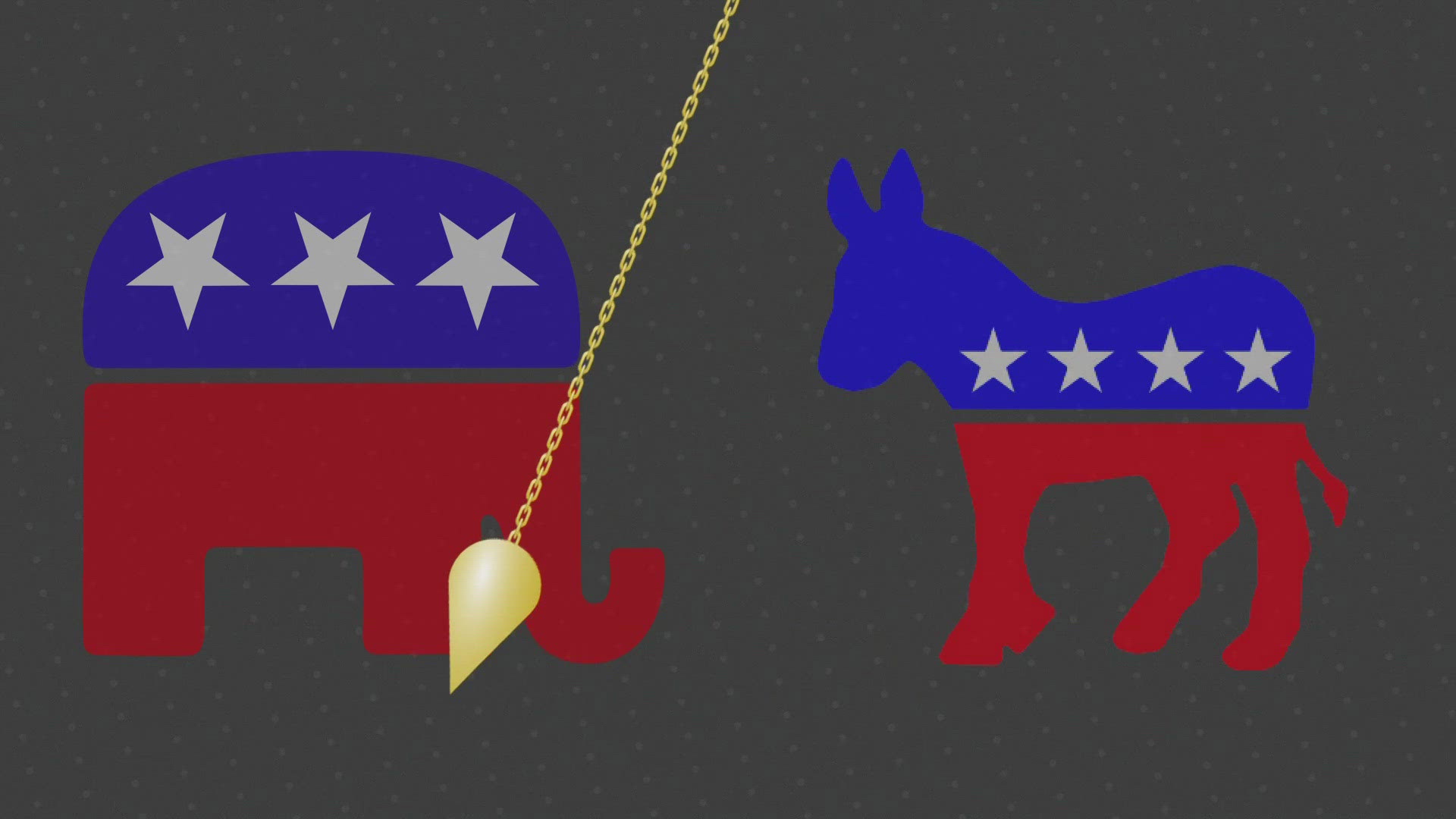COLORADO, USA — Since primary voters rejected most of the hand-picked choices by the Colorado Republican Party, it may appear to be a terrible, horrible, no good, very bad primary election for Republicans.
Colorado State University political science professor Kyle Saunders suggests it might be the best Colorado Republicans can hope to achieve.
“It did appear obvious that there were going to be places where Donald Trump was going to do damage to the Republican Party, and I thought Colorado was going to be one of those,” Saunders said.
Trump, and by virtue, the Colorado Republican Party led by Chairman Dave Williams, did not have a good night in Colorado on Tuesday.
The Colorado Republican Party endorsed candidates in 18 contested primaries. Those candidates lost in 14 of the races, including Williams, by 30 points.
“One of the party’s strongest powers is its ability to choose its candidates,” Saunders said.
Yet, voters rejected most of the Colorado GOP choices, with the worst showing being Janak Joshi in the 8th Congressional District race. He lost by 55 points.
“Right now, there's very little hope for Republicans to make many gains statewide,” Saunders said. “The ceiling could be that the Republicans hold three congressional districts, hold no statewide offices, have no power in the state legislature, et cetera, et cetera, and just hold those three congressional seats with the possibility of, maybe, gaining the 8th Congressional District.”
Evans will face Democratic Rep. Yadira Caraveo in November.
Caraveo defeated Republican Barb Kirkmeyer in 2022 by 1,632 votes.
Trump endorsed Evans.
“If Trump continues to be the de facto leader of the party, it's going to be very hard for the Republicans to adapt,” Saunders said. “Trump just does not do well with educated voters, especially among unaffiliated.”
Unaffiliated voters make up 48% of Colorado’s electorate.
There are 26% Democratic voters and 23.5% Republican voters.
The balance of power in Colorado used to swing like a pendulum. In 1992, Republicans controlled the state legislature, and then in 1999, they picked up the governor’s office. By 2007, Democrats had control of all three, which they have maintained since, except for six years of losing one chamber in the state legislature.
“The pendulum in Colorado used to swing very quickly, right? It used to really bounce back and forth pretty fast if you go back before 2014,” Saunders said.
The general election is Nov. 5.
SUGGESTED VIDEOS: Next with Kyle Clark

